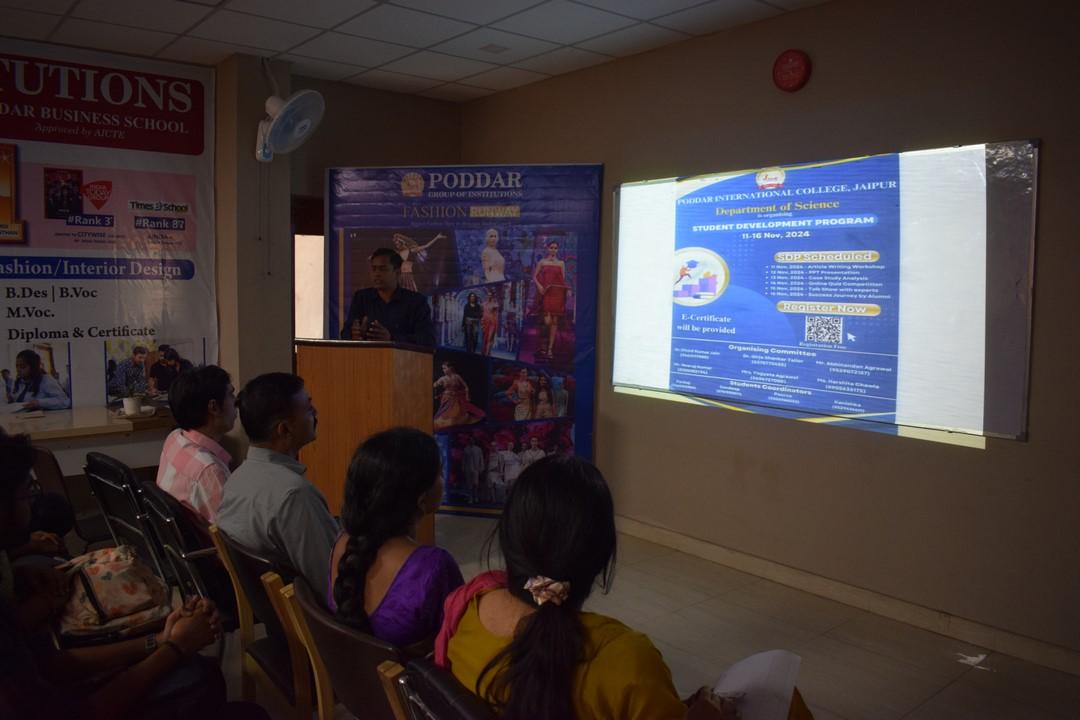
In recent years, the field of botany has witnessed a remarkable transformation, largely attributed to the integration of Artificial Intelligence (AI) technologies. These advancements have not only revolutionized the way we understand plant biology but also opened new avenues for education. Poddar College, a pioneering institution known for its innovative approaches, stands at the forefront of leveraging AI in botany education to shape the future of the discipline.
Enhancing Research and Analysis:
AI algorithms have proven instrumental in accelerating botanical research. From analyzing large datasets to predicting plant behavior in different environments, AI empowers researchers to delve deeper into the complexities of plant life. By incorporating AI-driven tools, Poddar College enables students to engage in cutting-edge research projects, fostering a deeper understanding of plant physiology, genetics, and ecology.
Precision Agriculture and Environmental Conservation:
In the realm of agriculture, AI plays a crucial role in optimizing resource utilization and minimizing environmental impact. Through precision farming techniques, AI algorithms analyze various factors such as soil composition, weather patterns, and crop health to enhance productivity while reducing the reliance on pesticides and fertilizers.
Virtual Laboratories and Simulation:
One of the most significant advantages of AI in education is the ability to create immersive learning experiences through virtual laboratories and simulations. These tools offer students the opportunity to conduct experiments in a risk-free environment, allowing for trial and error without the constraints of traditional laboratory settings. Poddar College leverages AI-powered simulations to supplement practical training, providing students with hands-on experience in plant tissue culture, genetic engineering, and other advanced techniques.
Future Education at Poddar College:
Furthermore, Poddar International college, Jaipur emphasizes interdisciplinary collaboration, encouraging students to explore the intersection of botany with other disciplines such as computer science, engineering, and data analytics. This holistic approach not only broadens students' perspectives but also equips them with a diverse skill set that is essential for tackling complex real-world problems.

